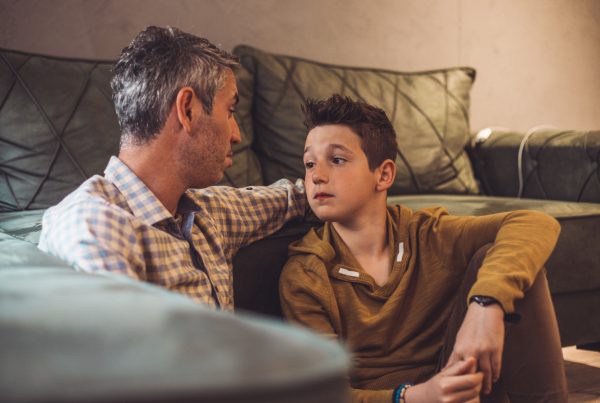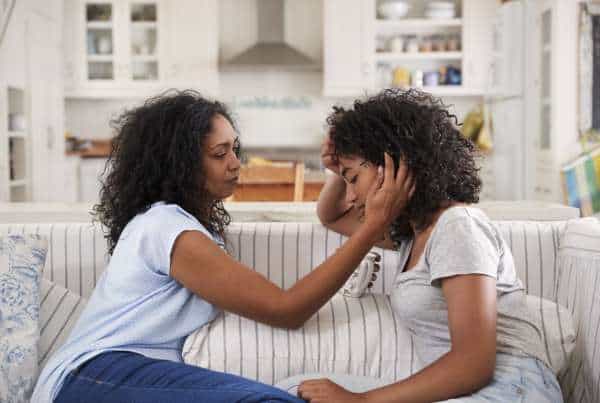
I don’t really want to admit this, but I just watched The House Bunny. Shhhh! My eyes just kind of glazed over and suddenly I was sucked into it. I am surprised I can type at this point. Okay, so the lowdown- Shelley, a Playboy Playmate is kicked out of the Playboy mansion and somehow becomes the house mother of a failing sorority house. The nerdy, unattractive girls must get 30 new pledges or they lose their charter. Oh no! What are these nerd girls going to do? Get hot! Shelley gives them all Playboy style makeovers and suddenly they are super hot and popular. The house will be saved! Yay for miniskirts! Shelley is trying to win the affection of a nerd guy and begins to see that her hotness may not be enough- she’s going to have to get smart. The former nerd girls of her house help her read some books and suddenly she can talk about NATO! OMG!!! Spoiler alert: Shelley and the girls begin to loose themselves in their new images and learn that maybe balance is what they need. They should be smart AND hot. Oh. Of course. They should be everything.
Oddly enough, this mind-melting (in a bad way) movie made me think about Courtney Martin’s awesome book, Perfect Girls, Starving Daughters. In the book, Martin examines the new cultural norm of girls not just being good, but being perfect and, “the frightening new normalcy of hating your body”. Martin illustrates that the idea that girls need to be everything- smart, pretty, athletic, etc., has everything to do with disordered eating and unhealthy body images. Self-hatred has become the norm and Martin calls on women of all ages to change these destructive ways of thinking. The most memorable line from the book was the idea that after all of the progress in women’s lib, instead of hearing, “You can be anything,” girls today are hearing, “You have to be everything.”
I have read a lot of books on eating disorders, but this one really helped me to examine my role as a young woman and how my self-criticism is part of a larger social problem. Martin doesn’t really blame anyone, but instead focuses on how messages have gotten muddled throughout generations. I placed very high expectations on myself because I perceived that that was what was expected of me. No one ever told me to make myself sick trying to be perfect, but somehow I heard that. Figuring out all of the misinformation I have in my head has been an important part of my recovery process. I don’t necessarily think movies like The House Bunny are the reason I have had a adolescent eating disorder, but I do believe that I can take responsibility for how I perceive them. I know that I don’t have to give myself a Playboy makeover to have self worth, and if I hear that message, I can stop myself and look at the truth. So, while The House Bunny may be perpetuating the idea that women need to be everything to be worthy of affection and attention, I don’t have to take it to heart. I mean, it was kind of funny. Kind of.
Please click here if you or a loved one is suffering from a teen eating disorder.





